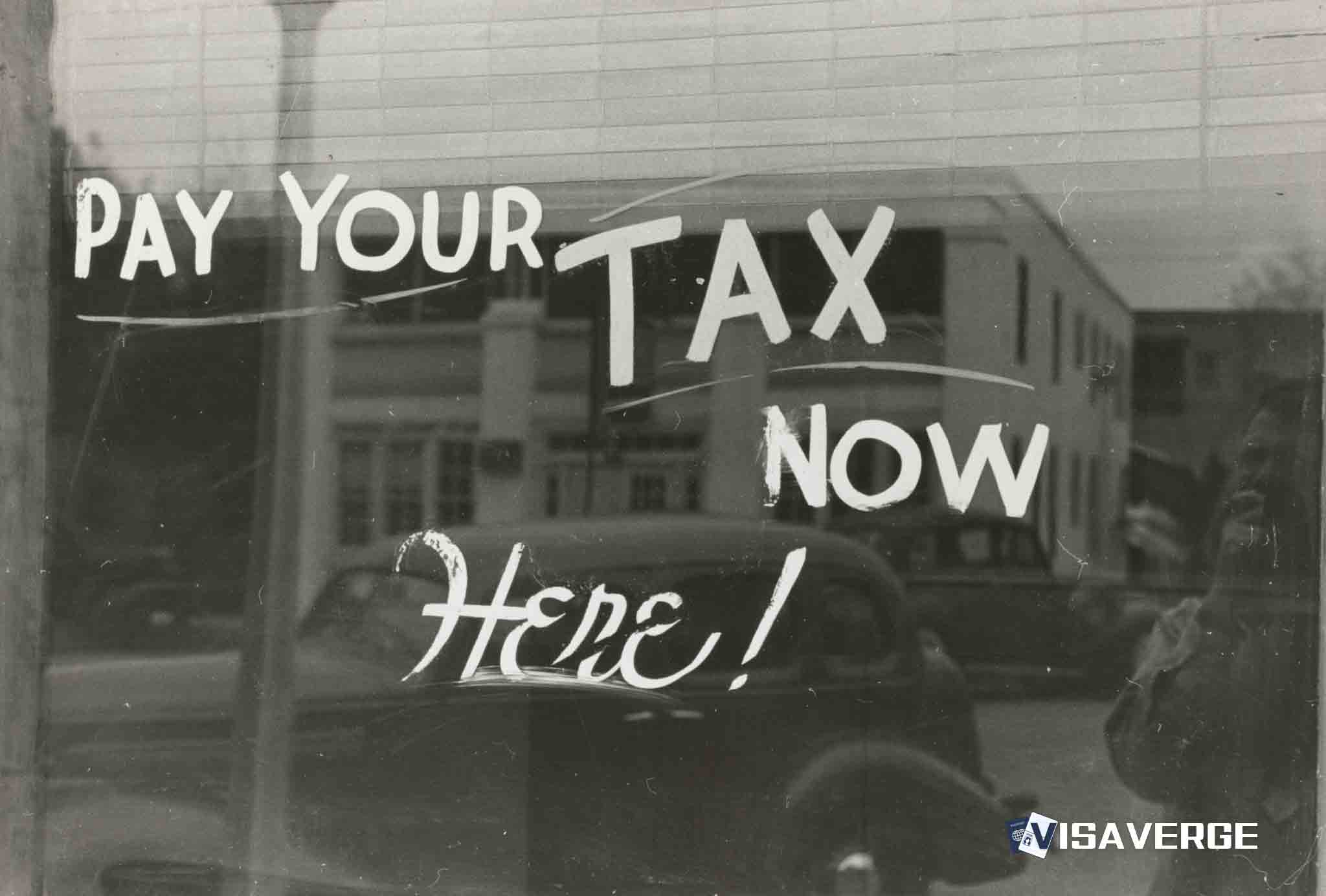Understanding OPT Employment
Optional Practical Training (OPT) is a fantastic opportunity for international students in the US on F-1 visas to gain valuable work experience in their field of study. If you’re navigating the world of OPT, you might be trying to understand what types of work fall under this program and what the OPT eligibility rules are. This guide will provide you with clear and simple insights to help you on your journey with OPT Employment.
What Types of Work Are Allowed Under OPT?
OPT offers a degree of flexibility, but it’s important to know what kind of employment meets the requirements. Here’s what you need to know:
Paid Employment
You can work part-time (at least 20 hours per week) or full-time. The key is that any job you take must be related to your degree program.
Multiple Employers
You may work for more than one employer, but all employment must be related to your educational program, and you must work a minimum of 20 hours per week across all jobs.
Short-term Multiple Employers (Performing Artists)
If you are a musician or other performing artist, you can work for multiple short-term employers (gigs). You must maintain a list of all gigs, the dates, and duration.
Work for Hire
This is also known as 1099 employment, where an individual performs a service based on a contractual relationship rather than an employment relationship.
Self-Employed Business Owner
Students on OPT may start a business and be self-employed. In this situation, you must work full-time and have proper business licenses.
Employment through an Agency
You may find employment through an agency or consulting firm, but again, this work must be related to your area of study.
Unpaid Employment
Students can also work as volunteers or unpaid interns, where this does not violate any labor laws. You must work at least 20 hours per week and documentation from the employer verifying the hours worked may be required.
Keep in mind that while there is a variety of employment types under OPT, each one has specific rules and must be directly related to your major area of study.
OPT Employment Duration
Generally, OPT is authorized for up to 12 months, and those in qualifying STEM fields may apply for a 24-month extension. Employment under OPT must start after the completion of your academic program.
Navigating OPT Eligibility Rules
To maintain your status while on OPT, you need to adhere to several rules:
- You must ensure that the proposed employment will provide practical training experience that is directly related to your major area of study.
- You cannot accrue more than 90 days of unemployment during the initial 12-month OPT period.
- If you qualify for the STEM extension, you are granted an additional 60 days of unemployment for a total of 150 days over the entire 24 months.
- You must report your employment information to your Designated School Official (DSO), typically by updating your school’s international student office or using the SEVP Portal.
For comprehensive information about program rules, visit the U.S. Citizenship and Immigration Services (USCIS) website or check the Study in the States portal operated by the Department of Homeland Security.
Staying Compliant with Your OPT Employment
While exploring your options for OPT employment, keep these top tips in mind:
- Always ensure the work is directly related to your major area of study.
- Keep track of your employment history, as you may need to provide evidence that your job(s) are in line with your degree.
- Stay within the bounds of allowable unemployment time.
- Update your DSO with any change in your name or address, or any interruption of employment.
Remember, when in doubt, reach out to your DSO or consult with an immigration attorney for advice specific to your situation.
Conclusion
Navigating OPT employment can seem complex, but understanding the types of work permitted and staying on top of the eligibility rules will make the journey smoother. Whether you choose to be traditionally employed, strike out on your own, or gain experience through volunteering, using your OPT to its fullest potential can significantly impact your career path and your understanding of the American workforce. Always keep compliance at the forefront of your planning, and you’ll set the stage for a successful OPT experience.
And there you have it, folks! A comprehensive guide to understanding OPT employment for international students in the US. From paid employment to being a self-employed business owner, there’s a world of possibilities. Just remember to stay within the rules, keep your DSO informed, and make the most of this amazing opportunity. Want more expert insights? Just head over to visaverge.com and dive into the wonderful world of visas and immigration. Happy exploring!
FAQ’s to know:
FAQ 1: What types of work are allowed under OPT?
Answer: Under OPT, you can engage in various types of work as long as they are related to your degree program. This includes paid employment (part-time or full-time), working for multiple employers, short-term gigs for performing artists, self-employment as a business owner, employment through an agency or consulting firm, and unpaid employment such as volunteering or unpaid internships. Each type of employment has specific rules and must be directly related to your major area of study.
FAQ 2: How long does OPT employment last?
Answer: Generally, OPT is authorized for up to 12 months after the completion of your academic program. However, students in qualifying STEM fields may apply for a 24-month extension. It’s important to note that employment under OPT must commence after the completion of your academic program.
FAQ 3: What are the eligibility rules for OPT employment and how can I stay compliant?
Answer: To maintain your status while on OPT, you need to adhere to certain rules. These include ensuring that your proposed employment is directly related to your major area of study, not accruing more than 90 days of unemployment during the initial 12-month OPT period (150 days if you qualify for the STEM extension), and reporting your employment information to your Designated School Official (DSO). It is important to stay within the bounds of allowable unemployment time and to keep your DSO updated with any changes in your name, address, or interruptions in employment to stay compliant with OPT employment rules.
What did you learn? Answer below to know:
-
Which of the following is NOT an acceptable type of employment under OPT?
a) Paid employment in a job related to the degree program
b) Self-employment as a business owner
c) Part-time work for any employer
d) Volunteer work in a field unrelated to the degree program -
How long is the initial OPT period typically authorized for?
a) 6 months
b) 12 months
c) 18 months
d) 24 months -
What action should students on OPT take if there is a change in their name or address?
a) Report the change to their employer
b) Update their social media profiles
c) Notify their Designated School Official (DSO)
d) Consult with an immigration attorney for advice on the change









